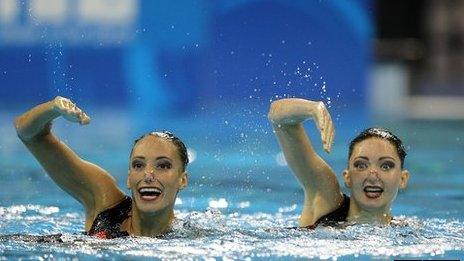Adam Peaty: Swimmer wants lifetime bans for drug cheats
- Published
Adam Peaty calls for lifetime drug bans
World champion Adam Peaty says athletes who deliberately take restricted substances to enhance their performance should be banned for life.
Swimmers currently face permanent bans only if they fail a second test after serving a suspension for an earlier, separate, offence.
Earlier this month, The Times alleged widespread doping programmes are in operation in Russia and China.
"It should be a life ban," Peaty told BBC Sport.
"It's a message to those people out there that it [cheating] shouldn't happen at all.
"If it happens any more, then people are going to be looking at the TV and saying 'he's a cheat'.
"I'm not a cheater, but if I win Olympic gold and people are looking at me and saying I am a cheat because I've won, it's hugely disrespectful given the hard work I've put in.
"I am going to go out there [at this year's Olympics] and hopefully be racing 100% clean athletes, not 50% athletes, 50% drugs.
"Hopefully it won't affect me as I'm going out there to win, but it's for those people who come fourth and miss out on a medal because someone doped - that's bad for those who believe in the sport."
Peaty 'stronger than ever' for GB trials
Fina steps up testing programme
A lifetime ban from the sport is a possibility facing suspended Russian Olympic medallist Yuliya Efimova, who failed the second drug test of her career after meldonium was found in her in blood in January.
It was the latest in a series of doping cases to hit the Russian Swimming Federation, which had 27 athletes serve bans between 2010 and 2015.
The revelations saw leading British coach Jon Rudd call for an 'athletics-style' investigation into swimming programmes around the world.
Swimming's international governing body, Fina, said it would look into specific claims made against the Russian and Chinese Federations, but denied an in-depth investigation of the sport was required.
It will also review a decision by the Chinese Swimming Association to let two Chinese swimmers off with warnings for failing drug tests.
Fina recently announced that by working alongside the World Anti-Doping Agency (Wada), it aimed to have all potential Rio Olympic swimming medallists tested between five and seven times before the Games.
Britain 'one of cleanest nations on planet'
Peaty believes Fina could have done more in the past, and states that after being tested three times in as many weeks, he would like to see other nations adopt similar strict anti-doping strategies.
"I think Wada have got it right and Fina have got it right sometimes," he said.
"Samples [of blood] are going to be kept for 10 years and those people will be caught and hopefully caught before the competition begins.
"It is bad for the young ones who look up to those [role models] in the sport, but Britain is one of the cleanest nations on the planet and hopefully we can keep it that way."
Learn more about Adam Peaty's attempt to become Great Britain's first male Olympic swimming champion since 1988 in BBC One's Saturday Sportsday programme at 12:50pm this weekend.
- Published24 March 2016
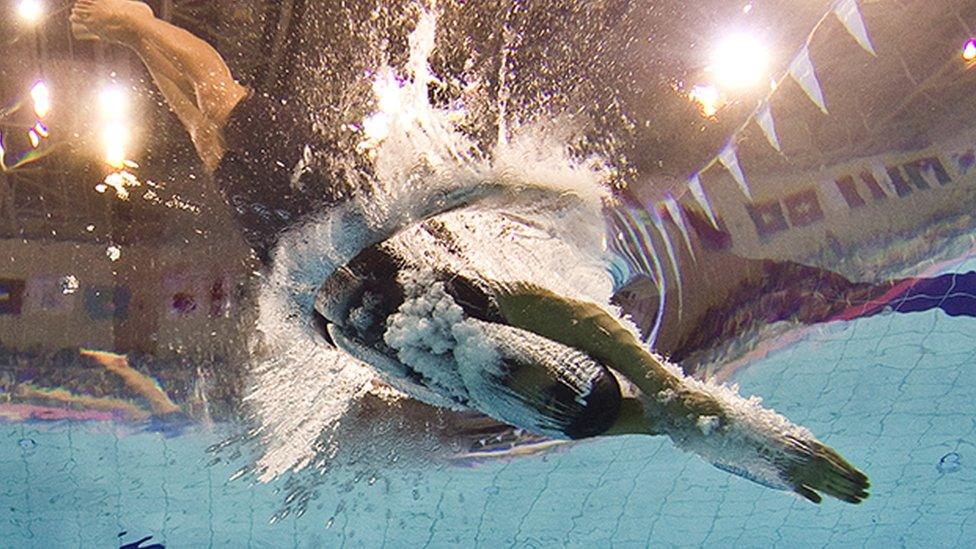
- Published23 March 2016
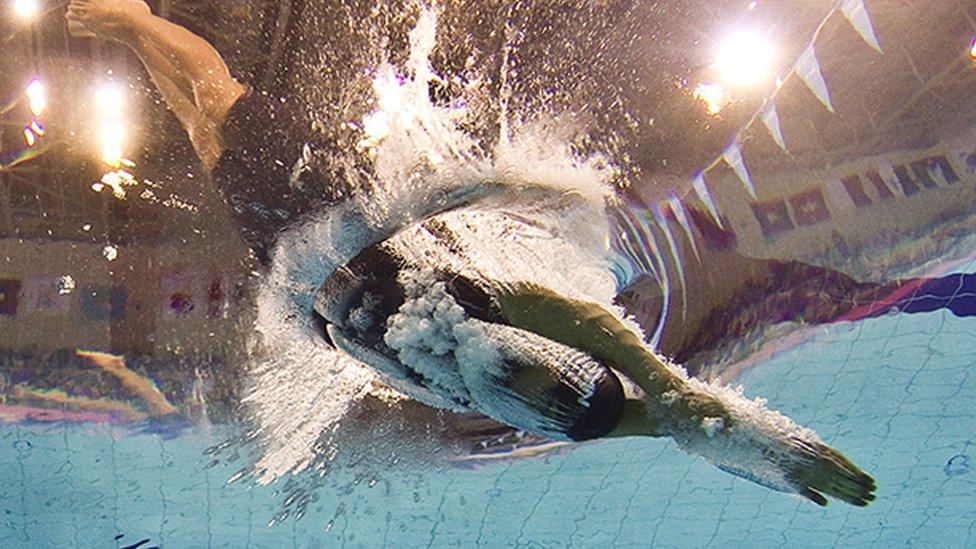
- Published18 March 2016
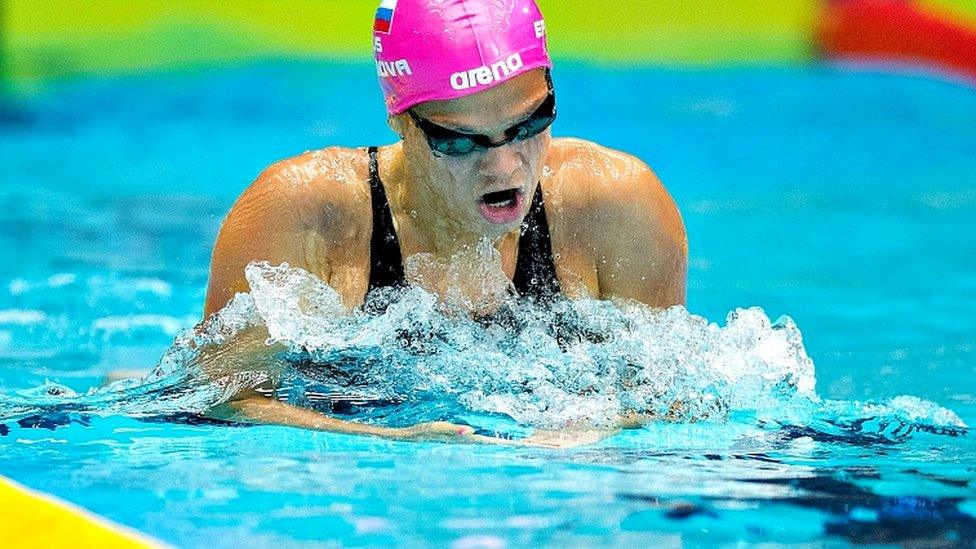
- Published18 March 2016
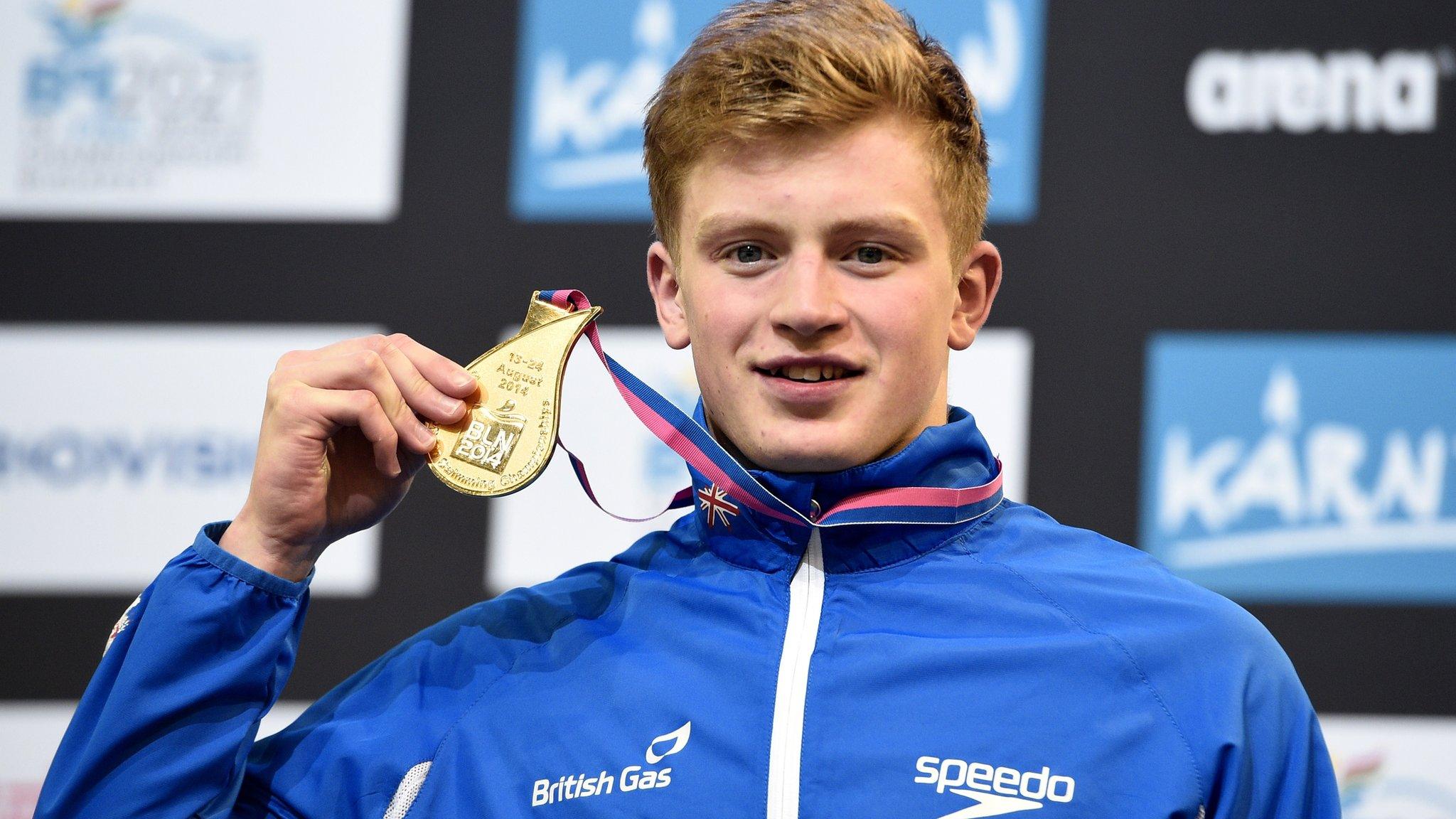
- Published15 February 2016
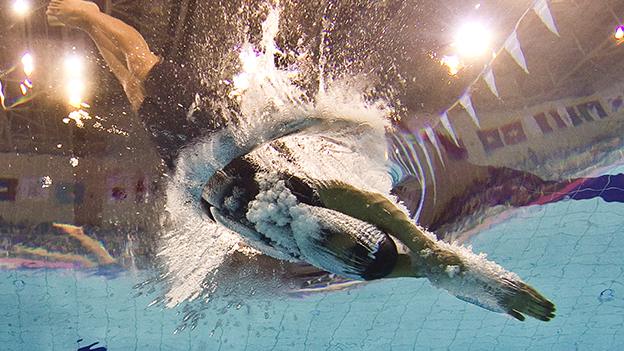
- Published27 March 2018
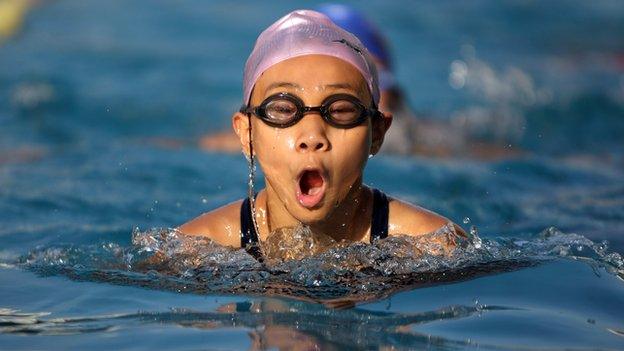
- Published19 July 2013
